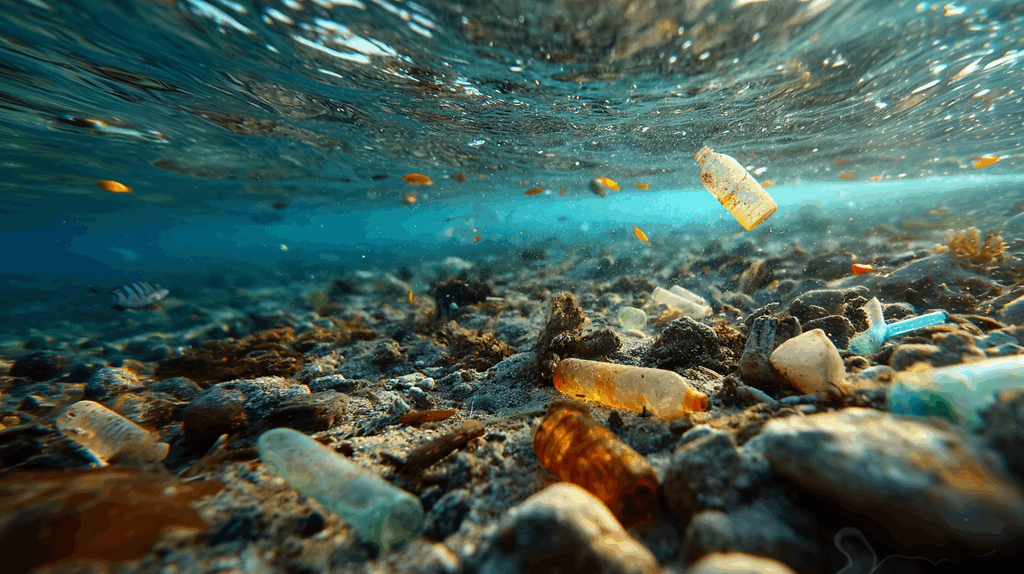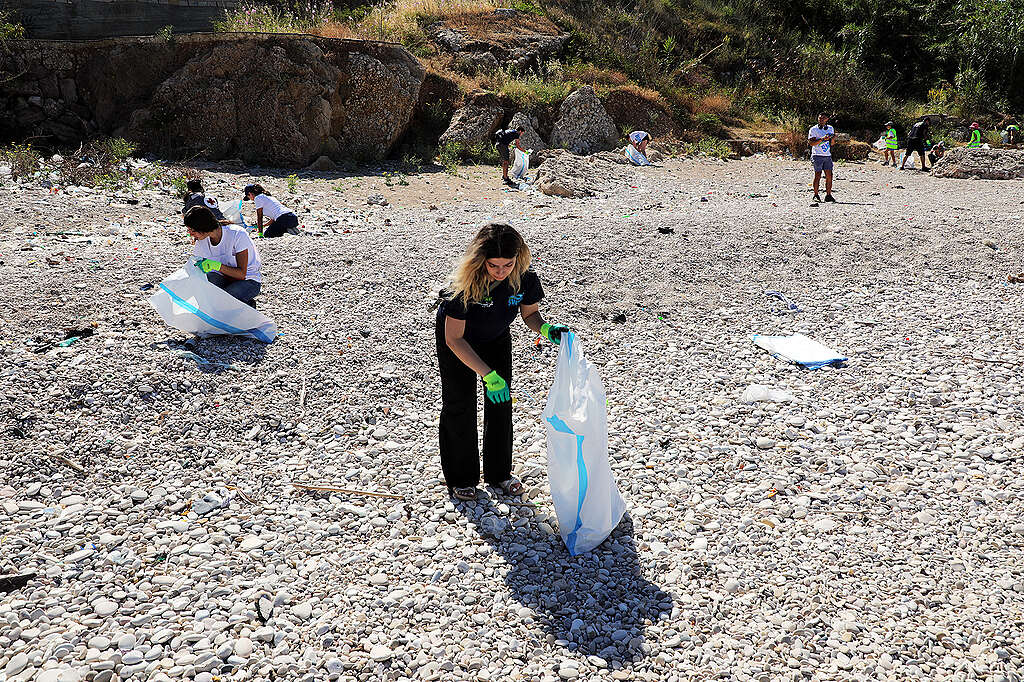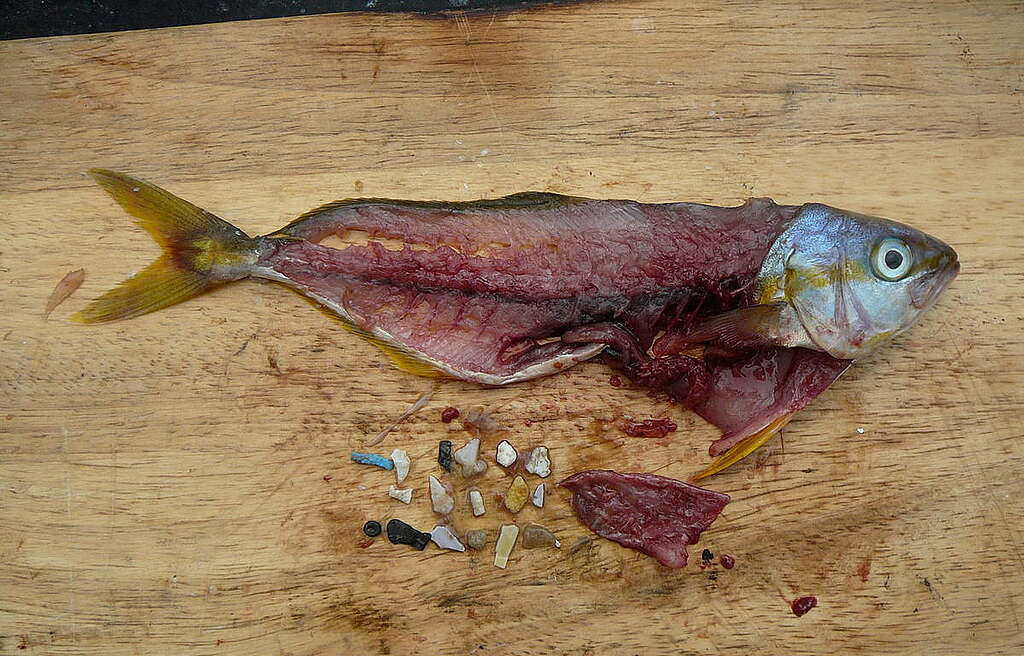Act now. Stop plastic pollution.
Your donation powers hands-on beach cleanups, life-changing community programs, and bold awareness campaigns that challenge the plastic crisis at its source.

The issue of plastic is now an environmental and health concern; it represents an immediate threat.
400 KG of waste collected
Our recent Regional Beach Clean-Up across Morocco🇲🇦, Tunisia🇹🇳, and Lebanon🇱🇧 brought communities together from Tangier to Beirut to Tunis, collecting over 400 kilograms of waste and restoring the beauty of our shores. Thanks to the dedication of our volunteers and supporters, we created safer habitats for marine life and inspired action for a cleaner, healthier planet. This is just the beginning—together, we can protect our beaches for generations to come.


Microplastics on human health
Microplastics have been found in 8 out of 12 major body systems, including the heart, stomach, hormones, skin, immune system, lungs, reproductive organs, and kidneys.
They have also been detected in human samples like breast milk, newborns’ first stool, semen, regular stool, mucus, and urine, showing how deeply they can enter the body.
Why your support matters
The urgency of combating plastic pollution cannot be overstated. It is not just about cleaning up the mess; it’s about remediating the problem at the source, preventing a future where the vitality of our planet and the health of our people are compromised.

